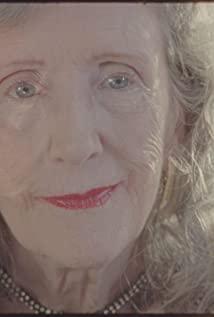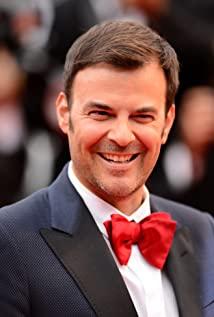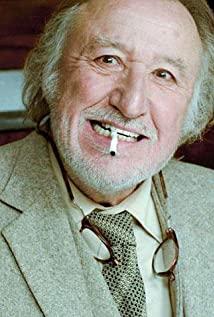The first is to avoid cookie-cutter characters. At the beginning of the film, the principal announced that all students must wear uniform school uniforms, and Germain immediately became disgusted; the essays he reviewed were almost all faces, so when he saw Claude's essay, his eyes lit up. ; the gallery owners of Madame Germain Jenna are twins who lack individuality and cannot appreciate the art of the gallery - just like themselves, so boring that outsiders can never tell them apart; the counterparts are the Rafa family, although father and son Both are called Rafa, one is restrained and the other is flamboyant. Characters are the cornerstone of novels, and good novels need characters with different personalities. While plagiarizing others is a forbidden area for authors, plagiarizing oneself is also the original sin.
Characters can’t be the same, and they can’t be irrelevant. Although the two Rafas in the film are different, they have the same internal characteristics: they both like to play basketball, they like the same team, they have repressed feelings in their hearts, and they even want to burn cars; The story goes on two ends, but the characters on both sides meet twice in the film; Germain taught Claude to write and gave him books, and he taught little Rafa and gave him books; The story is Germain's own portrayal. Germain led Claude into Rafa's house, but he also opened his door to him.
Why did the two writers, Germain and Claude, make themselves part of the story? That's because they're so in love with the story, so engrossed in it, that they forget that they're actually an outsider. Good fiction writers don't exclude their characters, but allow them to write alongside themselves. When Cao Xueqin wrote "A Dream of Red Mansions", what he wrote was the shadow of his own family; when Zhang Dachun wrote "City-State Violence Group", he included his entire family. Back in the movie, in order to let Claude continue to write, Germain did not hesitate to violate the school rules, stealing the mathematics test paper and letting Claude give it to Rafa - only Rafa's high score can prove that Claude has continued to enter. A necessity in Rafa's family - he just loved the story so much.
But Cheng and Xiao He defeated Xiao He, and the two almost destroyed themselves----that was because they loved the characters too deeply. Claude wrote and wrote that he fell in love with the mistress of the Rafa family, and finally broke himself with the little Rafa; Germain hated that iron could not become steel, and that Claude was not good at writing and wanted to pull him, even in public. Let the little Rafa read his own composition, so that there will be more conflicts between the characters. As a result, the little Rafa holds a grudge for this, and finally reports Mr. Germain for stealing the mathematics test paper----just like many writers write novels and write tea and rice. Do not think about the shape of the bones and even go bankrupt. Fortunately, there are two authors here, and they fought each other to make this story come to an end.
Speaking of the ending, after Claude fell in love with the hostess, he couldn't get out of it, and couldn't continue to write calmly, so he had to think about how to end it. Germain suggested that he have a happy ending. Claude disdainfully suggested four endings with flaws. Before "A Dream of Red Mansions", China didn't have any particularly good novels because of the overemphasis on happy endings. Western literary works have been remembered all the way since ancient Greece, and that was when they got off to a good start with tragedy.
Claude had a better ending than his teacher Germain, perhaps because Claude didn't have much pedantic air. I remember Germain in the film analyzing the students' writing style: whether it is sarcasm or realism, why use the present tense, remember who to write for, and so on. He also gave Claude a slew of works by Dickens, Flaubert, and others, talking about Dostoevsky, Greek tragedy, and Islamic sultans. In fact, Claude doesn't know any theory, that's how he writes. Some people joke that good novelists never read novels, and there is a certain truth to the extremes. Being overly academic and theoretical is the reason why Germain lost his book bag for a lifetime, but could not become a writer. On the contrary, the books he wrote when he was young were finally praised as good works by his students. Maybe he was just like Claude at that time, just writing with talent.
Finally, let’s talk about the topic. A good novel must always be relevant. Just like this film, "Into the House" is not only about Claude's incursion into the literary world under the guidance of Germain, but also coincides with his writing method - first in the lobby of Rafa's house, and as the story progresses Deep into his bedroom. Just as he was only a classmate of little Rafa at the beginning, and then gradually became a friend of their family, and later he had an affair with the hostess. François Ozon uses his narrative style to tell us that writing must always be relevant, regardless of the light or dark line. Then I accepted his teachings and finished the movie by pointing to the title of this article.
Information Times, June 15, 2013, redacted when published.
View more about In the House reviews











